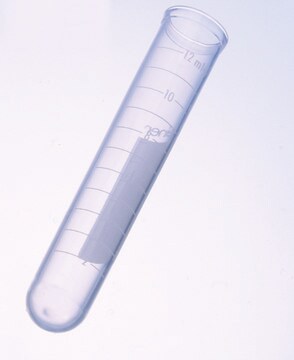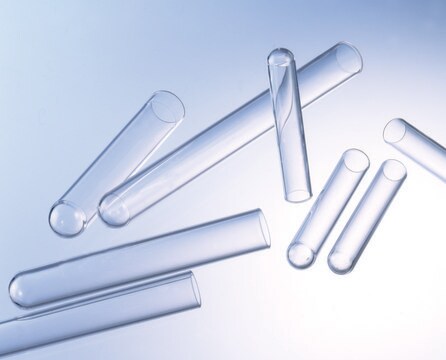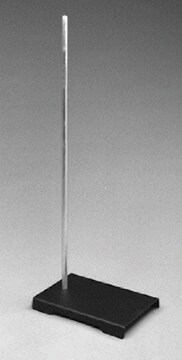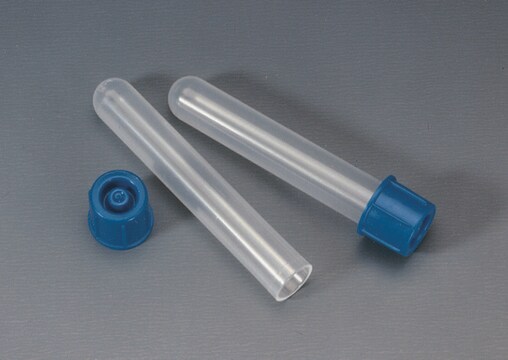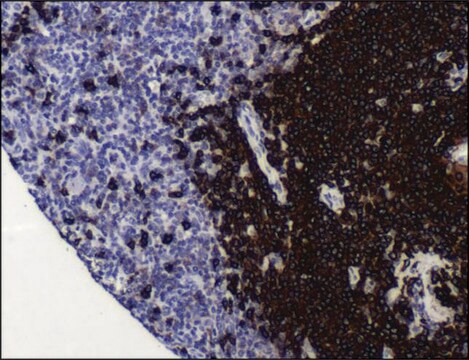GF02717502
Iron
wire reel, 0.5m, diameter 0.25mm, hard, 99.99+%
Synonyme(s) :
Iron, FE005140
Se connecterpour consulter vos tarifs contractuels et ceux de votre entreprise/organisme
About This Item
Formule linéaire :
Fe
Numéro CAS:
Poids moléculaire :
55.85
Numéro MDL:
Code UNSPSC :
12141721
ID de substance PubChem :
Nomenclature NACRES :
NA.23
Produits recommandés
Pureté
99.99%
Forme
wire
Fabricant/nom de marque
Goodfellow 027-175-02
Résistivité
9.71 μΩ-cm
L × diam.
0.5 m × 0.25 mm
Point d'ébullition
2750 °C (lit.)
Pf
1535 °C (lit.)
Densité
7.86 g/mL at 25 °C (lit.)
Chaîne SMILES
[Fe]
InChI
1S/Fe
Clé InChI
XEEYBQQBJWHFJM-UHFFFAOYSA-N
Description générale
For updated SDS information please visit www.goodfellow.com.
Informations légales
Product of Goodfellow
Faites votre choix parmi les versions les plus récentes :
Certificats d'analyse (COA)
Lot/Batch Number
Désolés, nous n'avons pas de COA pour ce produit disponible en ligne pour le moment.
Si vous avez besoin d'assistance, veuillez contacter Service Clients
Déjà en possession de ce produit ?
Retrouvez la documentation relative aux produits que vous avez récemment achetés dans la Bibliothèque de documents.
Thomas A Russo et al.
Infection and immunity, 82(6), 2356-2367 (2014-03-26)
Hypervirulent (hypermucoviscous) Klebsiella pneumoniae (hvKP) strains are an emerging variant of "classical" K. pneumoniae (cKP) that cause organ and life-threatening infection in healthy individuals. An understanding of hvKP-specific virulence mechanisms that enabled evolution from cKP is limited. Observations by our
Laura M van Staalduinen et al.
Proceedings of the National Academy of Sciences of the United States of America, 111(14), 5171-5176 (2014-04-08)
The enzymes PhnY and PhnZ comprise an oxidative catabolic pathway that enables marine bacteria to use 2-aminoethylphosphonic acid as a source of inorganic phosphate. PhnZ is notable for catalyzing the oxidative cleavage of a carbon-phosphorus bond using Fe(II) and dioxygen
Eunna Choi et al.
Infection and immunity, 82(6), 2203-2210 (2014-03-20)
In order to survive inside macrophages, Salmonella produces a series of proteins encoded by genes within Salmonella pathogenicity island 2 (SPI-2). In the present study, we report that Fur, a central regulator of iron utilization, negatively controls the expression of
Hypoferremia of infection: a double-edged sword?
Kristen L Lokken et al.
Nature medicine, 20(4), 335-337 (2014-04-09)
Don-Kyu Kim et al.
Nature medicine, 20(4), 419-424 (2014-03-25)
In response to microbial infection, expression of the defensin-like peptide hepcidin (encoded by Hamp) is induced in hepatocytes to decrease iron release from macrophages. To elucidate the mechanism by which Salmonella enterica var. Typhimurium (S. typhimurium), an intramacrophage bacterium, alters
Notre équipe de scientifiques dispose d'une expérience dans tous les secteurs de la recherche, notamment en sciences de la vie, science des matériaux, synthèse chimique, chromatographie, analyse et dans de nombreux autres domaines..
Contacter notre Service technique

